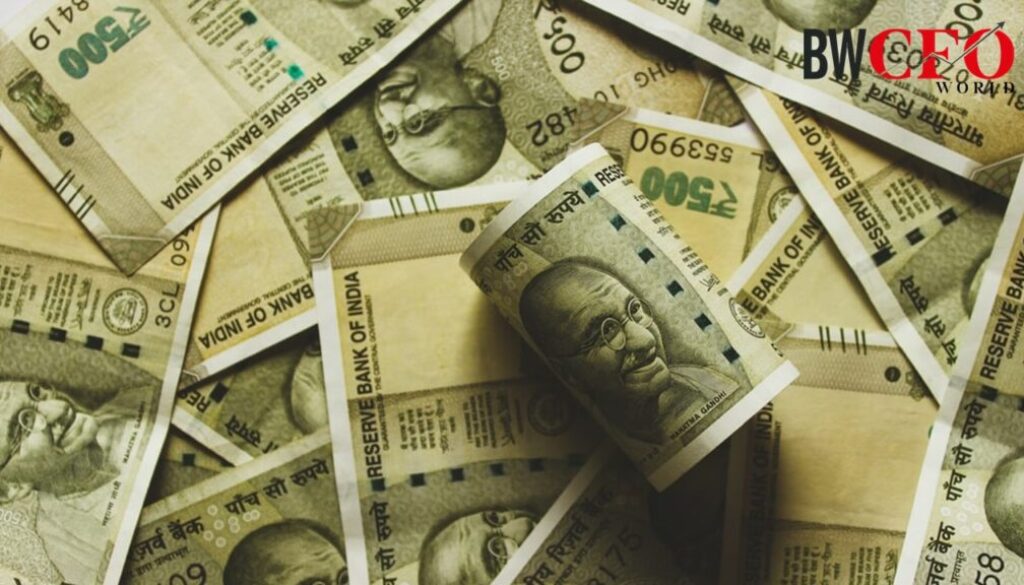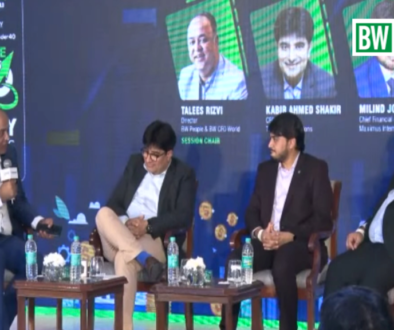IMF revising India’s growth forecast downwards is ‘gross under estimation’: N K Singh
He also said there was a need to ensure that those who escaped poverty do not go back into poverty on account of exogenous factors like the pandemic.
N K Singh, Chairman of the 15th Finance Commission, on Tuesday said the IMF’s decision to revise India’s potential growth forecast downwards to 6 percent citing the coronavirus pandemic is a “gross underestimation” and observed that calculations of growth potential are always problematic.
Speaking at a virtual discussion on ‘Financing For Development’ organized by the Institute for Studies in Industrial Development (ISID), he also said there was a need to ensure that those who escaped poverty do not go back into poverty on account of exogenous factors like the pandemic.
“The issue of our medium-term growth potential projected by the IMF last week by recaliberating it from 6.25 percent to 6 percent, in my view, is a gross underestimation. “Calculations of growth potential are always problematic,” he said. Last week, the International Monetary Fund (IMF) revised India’s potential growth forecast downwards to 6 percent citing the pandemic. India’s growth is projected at 9.5 percent in the financial year 2021-22 and 8.5 percent in FY 2022-23, reflecting base effects and strong global growth, he said.
Potential growth is the rate of growth that an economy can sustain over the medium term without generating excess inflation. Singh, who is also the President of the Institute of Economic Growth , said there was a need to raise India’s tax ratio, both from a macroeconomic and redistributive perspective, and also enhance fiscal space for financing public outlays.
Terming the implementation of Goods and Services Tax (GST) as a “path-breaking reform”, Singh said revenue data in the last few months have also suggested encouraging revenue share from the GST. “Nonetheless, there are some serious medium-term challenges as far as GST is concerned,” he said, adding that the issue of revenue neutral rate is a challenging one.Singh also emphasised on the need for broadening the base of both direct and indirect taxes, and reducing exemptions and increasing compliance.
PTI




